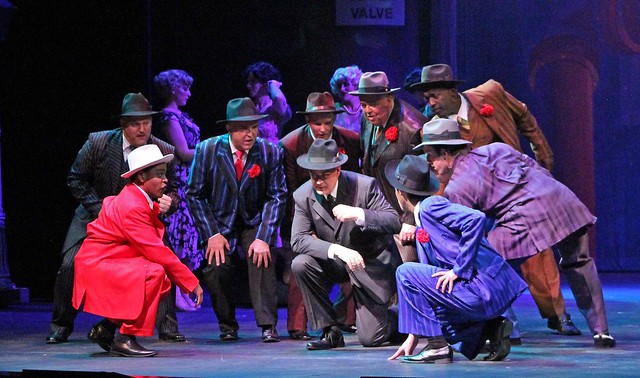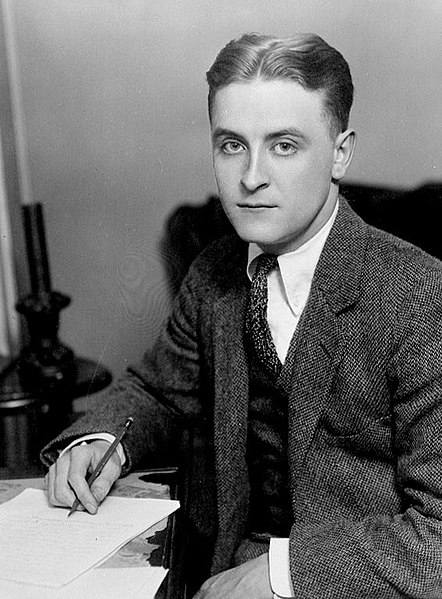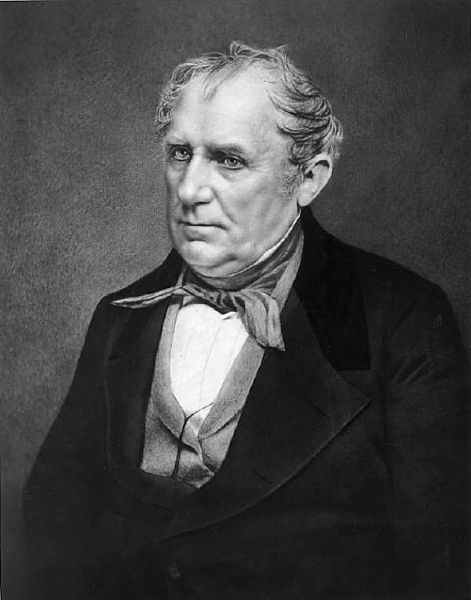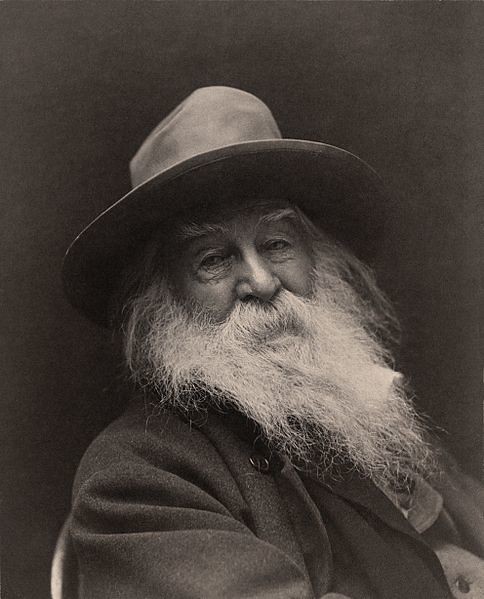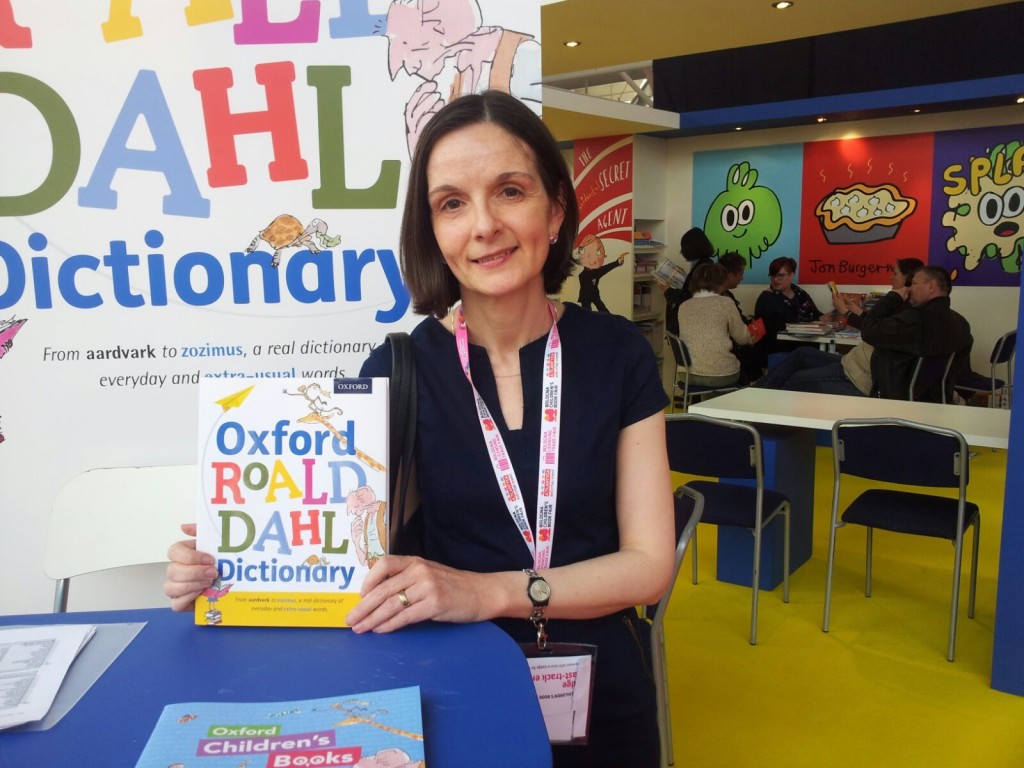The fictional universe of Frank Herbert’s Dune saga is incredibly expansive, with each book in the series accompanied by a glossary of more than 100 terms. With the release of Denis Villeneuve’s latest film adaptation, some moviegoers have set to frantic Googling, desperate to tell their sardaukar from their shai-hulud. Herbert dug into a deep well of far-ranging influences, especially from the Muslim world, in creating the language and mythology of the Dune-iverse; here, we dig into some Dune words and their unusual origins.
Muad-dib
Dune’s most obvious etymological influences are from Arabic, with Herbert drawing inspiration not just from the language but from the history of Islam and the geography of the Arabian peninsula. Dozens of terms from the books and movies are borrowed wholesale from classical and colloquial Arabic; dozens more are loosely adapted from Arabic words and phrases. Blogger Khalid Baheyeldin has attempted to catalogue all the Islamic and Arabic influenced words in Dune; Herbert himself spoke at length about the saga’s Islamic influences in a 1978 interview.
In particular, the language of the Fremen, the natives of the desert planet Arrakis, borrows heavily from Arabic. For example, Muad-dib is the Fremen name that protagonist and eventual messiah figure Paul Atreides chooses for himself. In the Fremen language, muad-dib is a type of desert mouse (and also a constellation shaped like the mouse – as with so many elements and symbols in Dune, it’s complicated). In modern Arabic, muad’dib (مؤدب) means ‘teacher’.
Lisan al-Gaib
Lisan al-Gaib is the Fremen word for a prophet or messiah from another world (Spoiler alert: it’s Paul). In Arabic, lisan al-gaib (لسان الغيب) translates to ‘hidden tongue’ or ‘unseen tongue’, possibly signifying the power of a prophet to give voice to things unseen. Another Fremen word for messiah, mahdi, is directly cribbed from an analogous concept in Islamic eschatology: the word mahdi (ٱلْمَهْدِيّ) translates to ‘the guided one’.
Jihad
Perhaps the most well-known Arabic loanword in Dune is one that didn’t make it into the movie. Jihad (جِهَاد), usually translated as ‘struggle’, is a concept that majorly factors into the books’ mythology and plot. The Butlerian Jihad, which occurred thousands of years before the events of Dune, was a pivotal event that saw humanity overthrowing computers and banning any intelligent technology. Thousands of years later, Paul foresees another jihad committed in his name, which eventually comes to pass in the sequels.
Villeneuve’s Dune omitted the loaded word, presumably wanting to avoid associations with contemporary Islamic terrorism. Instead, the film calls the story’s prophesied holy war a crusade—arguably an equally loaded word that carries historical anti-Islamic associations.
Zensunni
The world of Dune is an imagined far future of our own world: therefore, the religious and philosophical ideas presented in Dune are canonically related to those from history. This becomes obvious in terms like Zensunni, the Fremen religion that is a mix of—you guessed it—Zen Buddhism and Sunni Islam.
Sunni Islam is one of the two main branches of Islam, and comprises up to ninety percent of Muslims worldwide. The word sunni comes from the sunnah (سنة), the practices and traditions of Islam as documented in the records of Muhammad’s life and teachings, the hadith.
While the word Zen is Japanese, Zen Buddhism originated in China, where it is called Chán (禪), a word which in turn derives from the Sanskrit dhyāna, usually translated as ‘meditation’ or ‘training of the mind’. And while actress Zendaya stars in Dune (where her character, Chani, is an adherent of Zensunni religion), her name comes not from Zen Buddhism but from the word Tendayi, Shona for ‘to give thanks’.
Bene Gesserit
The Bene Gesserit (pronounced with a soft g, at least in the 2021 film) are a matriarchal religious order that has been orchestrating events in the Dune universe for millennia before the story begins, including a carefully manipulated messiah-breeding program and a system, called the Missionaria Protectiva, of sowing their religious beliefs throughout the universe. Unlike some of the terms Herbert borrowed from Arabic, the etymology of Bene Gesserit is unclear, if indeed it has an etymology beyond Herbert’s imagination.
In Latin, bene gesserit roughly translates to ‘borne well’ or ‘carried well’. Gesserit is a verb form of gerere, from which we get the Latin root gest, found in words such as digest, gesture, and—most relevant here—gestation. Other terms associated with the Bene Gesserit, such as missionaria protectiva and panoplia propheticus, are also derived from Latin.
However, there are other theories on the origins of bene gesserit: Frank Herbert’s son Brian suggested the word was meant to evoke Jesuit, recalling the prestige of that real-life religious order. Baheyeldin suggests that the term is yet another borrowing from Arabic: a rough transliteration of the Arabic bene jazira (بني جزيرة), meaning ‘sons of the island/peninsula’.
Kwisatz Haderach
One of the most remarked-upon etymologies in Dune, kwisatz haderach is the term that the Bene Gesserit use to refer to the prophesied figure they have been trying to engineer for generations. In-universe, it is translated as ‘the shortening of the way’.
Herbert borrowed both the term and the meaning from the Zohar, a foundational text of Kabbalah, in which the Hebrew Kefitzat Haderech (קְפִיצַת הַדֶּרֶךְ) refers to a shortened road or journey, a miraculous leap between locations. Indeed, Herbert seems to have taken inspiration from Kabbalistic thought in many respects when writing Dune, a story that delves deep into themes of messianism and esoteric or mystical knowledge, both important concepts in Kabbalah.
Ornithopter
In the Dune-iverse, characters travel short distances by air via ornithopters—’thopters for short—aircraft that have flapping wings like birds, rather than helical rotors. Ornithopter shares the Greek root -pter with its real-world analogue the helicopter, plus ornith-, a Greek root meaning ‘bird’.
While you aren’t likely to see one flying around, ornithopters aren’t Frank Herbert’s invention. Leonardo da Vinci actually designed a machine to mimic avian flight in 1485, and since then there have been ornithopters powered by humans, rubber bands, and engines. Funnily enough, the ornithopters in Villeneuve’s Dune don’t look like birds at all, but helicopters whose rotors have been replaced by dragonfly wings. It might be more accurate, then, to call them anisopters, after anisoptera – literally, unequal wings—the scientific term for dragonflies.

